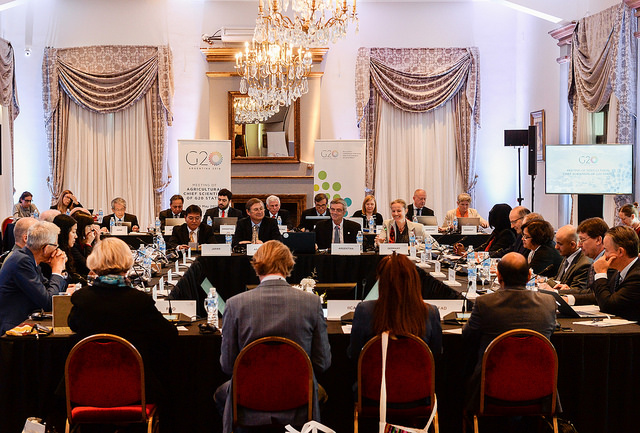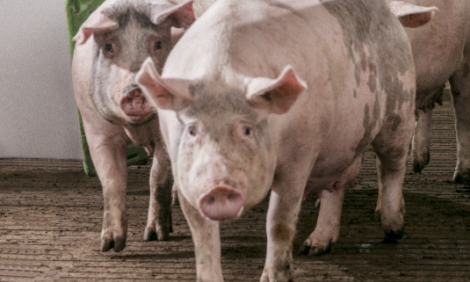



MACS-G20 brings together scientific leaders in agriculture
With the aim of building consensus for sustainable and equitable development at the agro-industrial level, representatives of the G20 countries analysed proposals on climate change, genetic editing and soil care at the recent summitOrganised by the Presidency of Argentina and the National Institute of Agricultural Technology (INTA), the summit brought together the group's scientific leaders in agriculture, MACS-G20, who discussed initiatives to find solutions in nutrition, agrifood research and sustainability, one of the priorities defined by the Argentine presidency of the G20.

The meeting, held in the province of Jujuy, convened more than 60 researchers from the G20 countries to define the issues that will be addressed by the Ministers in July in Buenos Aires.
Among the agencies that make up the National System of Science, Technology and Innovation, INTA is responsible for the agricultural issues and holds the vice presidency, while the presidency is headed by the chief of staff of the Ministry of Agribusiness, Santiago del Solar.
Regarding the MACS-G20, the head of the Cabinet of the Ministry of Agribusiness of the Nation and chair of the meeting stressed that "as we say in Argentina, the best kept secret of Argentine farmers is that we do not have secrets, we communicate all the information – that is the spirit of this meeting. " He added, "We believe that in this work of G20 collaboration and sharing the information that scientists have is the way to produce more and better in all countries of the world."
For his part, the president of INTA and co-chair of the meeting, Juan Balbín celebrated the realisation of the MACS and explained that "for the first time, our country has the opportunity to organise this summit, and it is a no lesser fact that must be translated in the possibility of achieving greater visibility and connection with the rest of the member countries. "
Under the premise of exploring global initiatives that ensure everyone has the opportunity to develop their potential to benefit from the new technological era, del Solar maintained his stance that "technologies are a great ally of productivity and the environment, and from that place we work with scientists from different countries on three very important axes: the care of the soil, the gene editing that opens a huge window of opportunities, and the impact of climate change on crops and livestock."
"Sustainability is sometimes a mobile goal, we must be very careful to understand our environment, and be able to investigate and recommend better solutions according to a changing climate and environment," said the Chief of Staff of the Argentine Ministry of Agribusiness.
Regarding the effects of climate change on soils, specialists analysed international cooperation actions to take advantage of genetic diversity as a tool to prop up productivity in agricultural systems.
Given the importance of producing food globally requires a sustainable way to increase agricultural productivity so that the preservation of soil "is crucial to ensure this goal," Balbín said.
Specialists representing Germany, Australia, the United Kingdom, the Netherlands and the Food and Agriculture Organisation of the United Nations (FAO) presented on gene editing and sustainable soils.
The G20 today is the key to discussion and decision-making in which the world's top leaders and major economies participate. Together, its members represent 85% of the global gross product, two thirds of the world population and 75% of international trade.
As reported by Ministerio de Agroindustria
Image: G20 Argentina







